In a tumultuous parliamentary session, Shehbaz Sharif has been sworn in as Pakistan's new prime minister, marking his return to the country's highest political office. The younger brother of former Prime Minister Nawaz Sharif, Shehbaz previously held the position from April 2022 to August 2023, replacing his archrival Imran Khan following a no-confidence vote.
The swearing-in ceremony, held in Islamabad, comes amid controversy surrounding the parliamentary elections held last month. Critics allege that the elections were marred by irregularities and electoral theft, favoring Shehbaz's Pakistan Muslim League party (PML-N). Despite not winning enough seats to form a government outright, Shehbaz formed a coalition with other parties, securing the necessary majority to clinch a second term as prime minister.
Shehbaz's victory, with 201 votes in parliament, was met with opposition from Imran Khan's Pakistan Tehreek-e-Insaf party (PTI). Their candidate, Omar Ayub, received 92 votes. The contentious nature of the election has fueled tensions in Pakistani politics, with the opposition raising grievances about the electoral process.
In his oath-taking ceremony, President Arif administered the oath of office to Shehbaz, who pledged to carry out his duties with honesty, loyalty, and a commitment to the country's independence, integrity, and stability. However, challenges loom large as Pakistan grapples with political discord and economic uncertainty.
The new prime minister faces the daunting task of uniting lawmakers and steering the country through turbulent times. The initial sessions of parliament have been marked by chaos and acrimony, with the opposition voicing their dissatisfaction over the election outcome.
As Shehbaz Sharif assumes the mantle of leadership as the 24th prime minister in Pakistan's history, the nation watches closely to see how he navigates the complexities of governance and addresses the pressing issues facing the country.



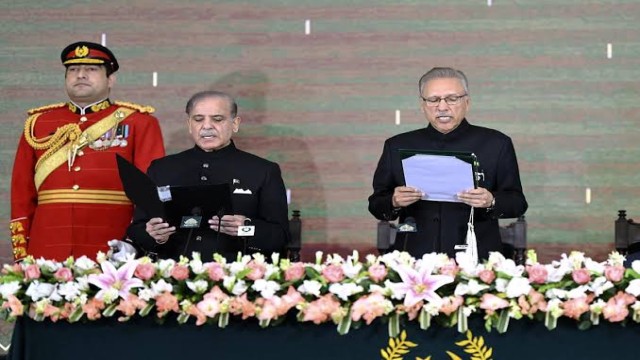
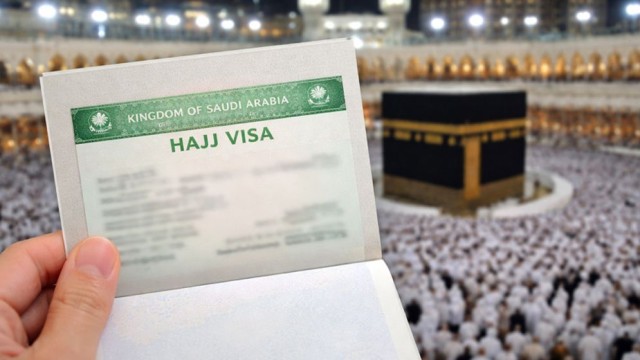
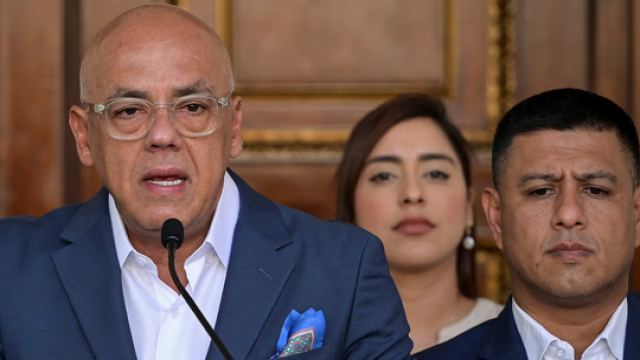

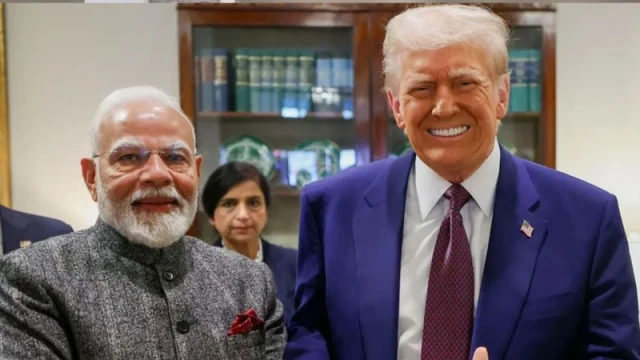

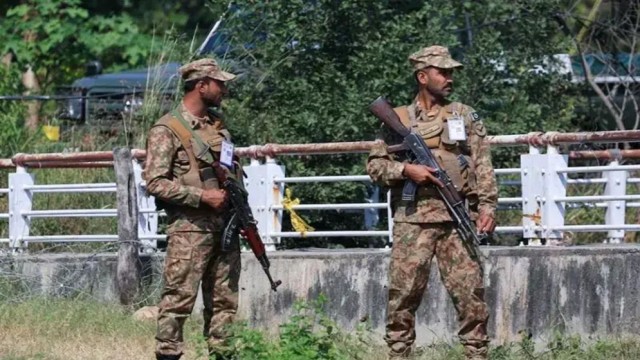
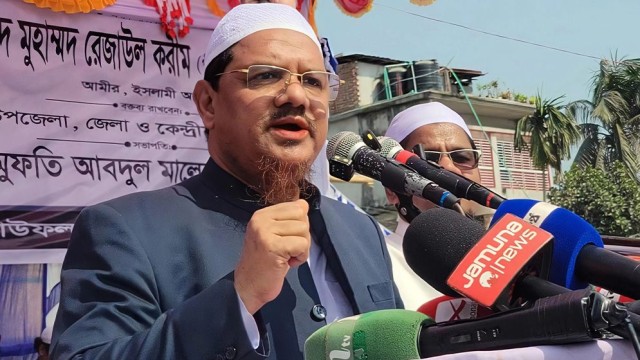
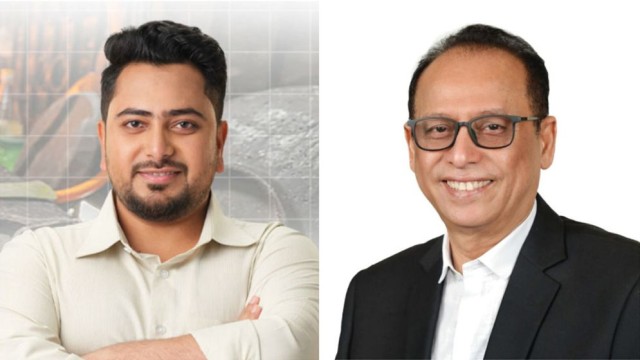
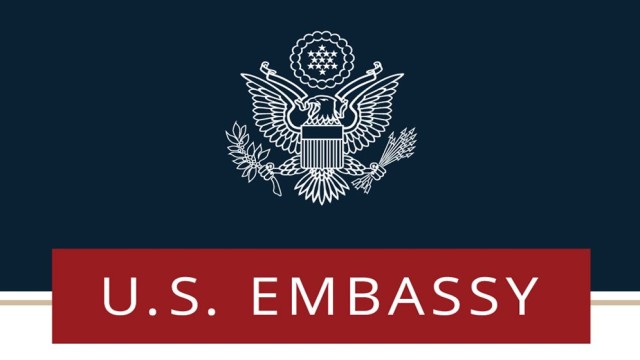

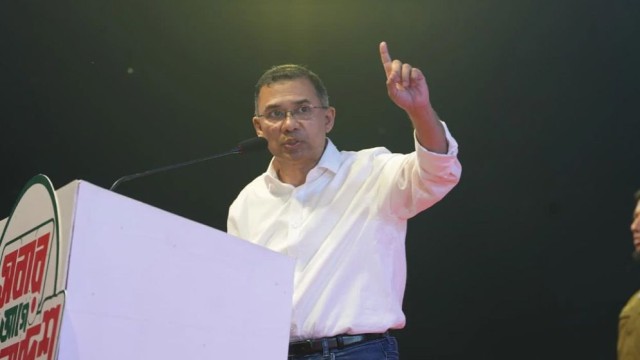
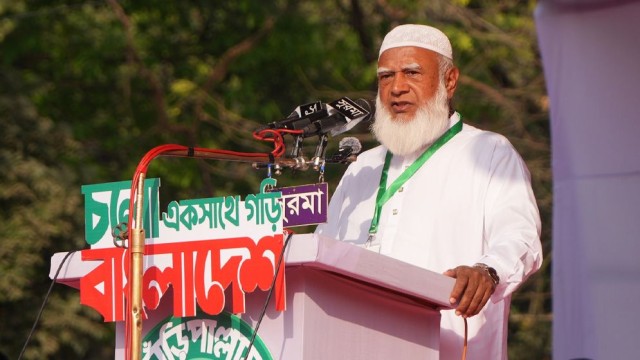

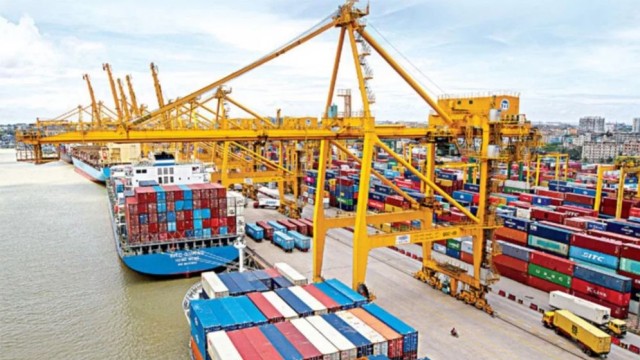

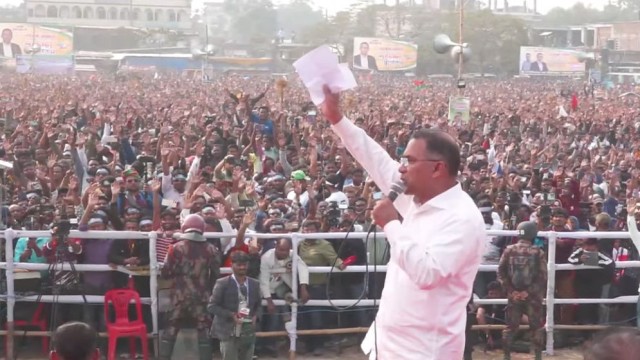










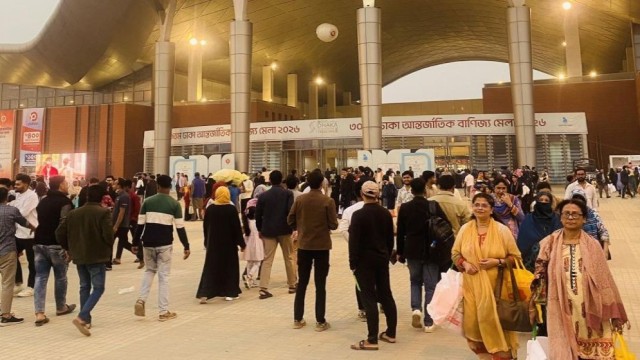
Comment: